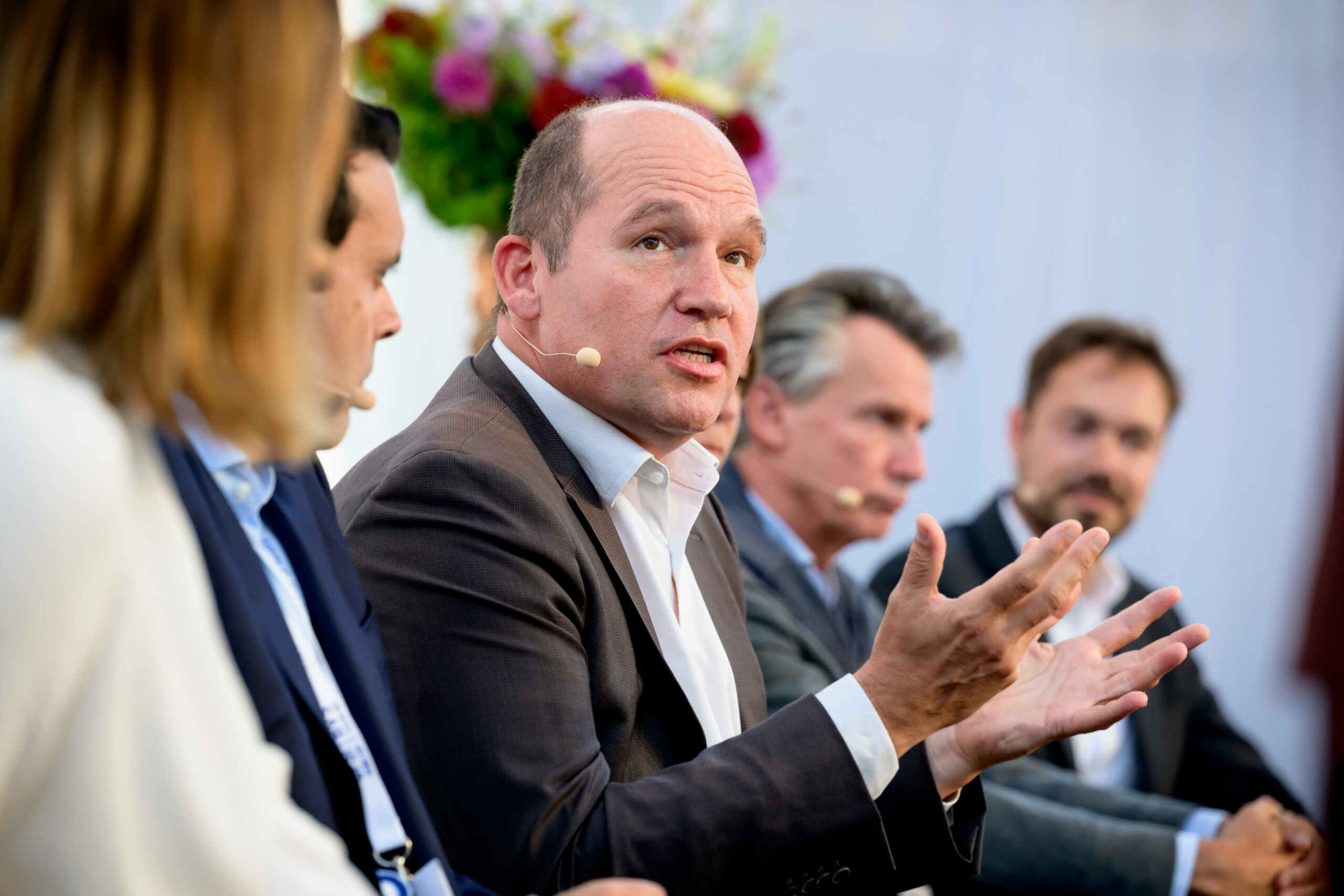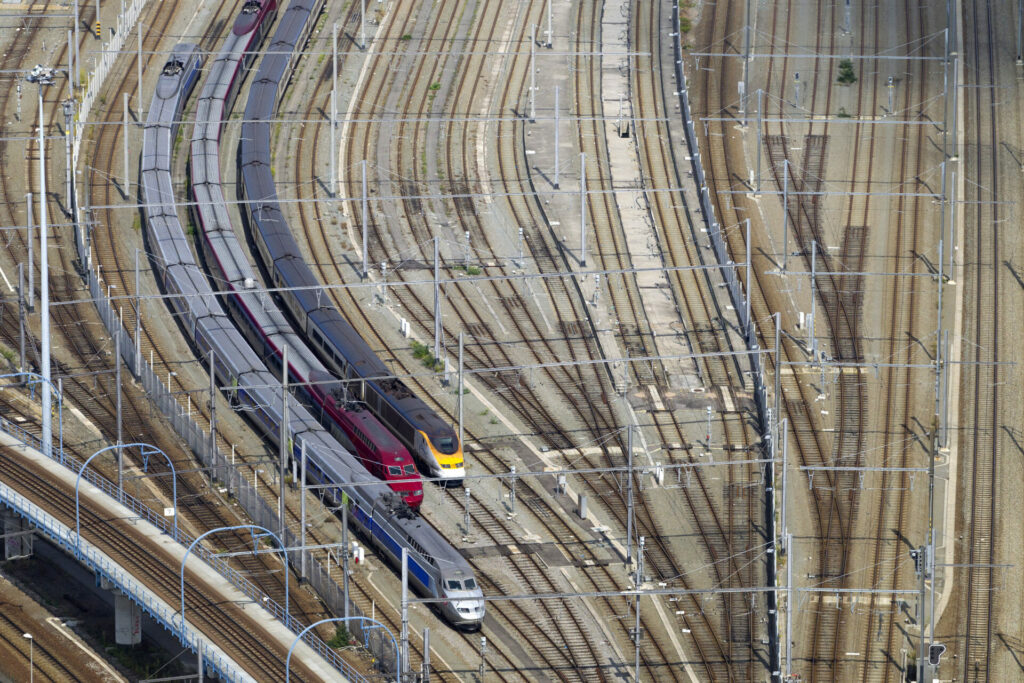Two of Brussels' major train stations, Brussels-North and Brussels-Midi, were under the spotlight at Belgium's real estate summit last week, as many speakers called for urgent intervention to improve the image of both stations in order to attract investment to the Belgian capital.
Panels across the two-day summit highlighted that big employers are willing to invest in brick and mortar offices in Brussels city centre – in particular attracted to newer builds with sustainability credentials, in locations that offer a vibrant urban lifestyle for employees.
Tenants 'reluctant' to occupy offices near stations
Speaking at one panel, however, financial advisory and real estate partner at Deloitte Belgium Frédéric Sohet said their clients are "reluctant" to set up offices near Brussels-North or Brussels-Midi. In light of this, improving the situation at both stations should be a first priority.
Located on opposite sides of the city, both train stations have gained reputations as hotspots for crime and anti-social behaviour. Last year the federal government launched an action plan to tackle security issues in Brussels-Midi and the surrounding area, with locals on the other side of the city calling for similar action to address "lawless" activity at Brussels-North.
"Solve the [issues] at Brussels-North, which is now being redeveloped, and Brussels-Midi, and ten years from now you will see the difference," said Sohet, adding that if security, cleanliness, as well as overall development of the two areas could be addressed it would be a "major milestone".
The Kings Cross model
Frédéric Van der Planken, CEO of Whitewood Group, agreed that if he had a "substantial amount of money" to invest in Brussels, the first thing he would tackle would be Brussels-Midi – citing the example of successful private-public partnership in the UK to revitalise the area around Kings Cross Station in London.
"What would I do here with a substantial amount of money? I would probably go to Brussels-Midi and revitalise that area. Yes, we have problems around Brussels-North and yes, we have problems in some other areas, but not as much as around Midi. This is our international priority as that's where the international travellers come in by train."
"[King's Cross] is a very good example of a public private collaboration, where the private developer took the initiative first... they rolled out a master plan with a Standard Hotel, with residential, with shopping, with semi-light industry and a lot of offices. As well as putting in a lot of greenery and public spaces, which are key, the overall vision just works."
Give Brussels authorities more policing p0wer
The mayor of Brussels City, Philippe Close (PS), has previously proposed ending violence and drug-related issues in and around the city's metro and train stations by transferring the more than 260 officers of the Federal Railway Police to Brussels authorities.

City of Brussels mayor Philippe Close speaking at the Realty 2024 summit. Credit: Realty 2024
Speaking on a panel at the real estate summit, Close said that reinvigorating the areas around the two stations is "complex", with ongoing uncertainties such as the duration of metro works at Brussels-Midi as well as what will happen to large vacant buildings owned by Belgian railway company SNCB.
He reiterated his proposal for Brussels authorities to take a more central role in policing the two stations, and for federal railway police officers to be transferred to the local authority.
"At the moment there is a fight over who manages it... Even if it meant getting told off, I'd rather manage it myself, because everyone thinks it's me... I think it would be better if we were given responsibility for managing safety directly," he said.
Investing in Brussels' brains
Speaking more generally about how to attract investment to Brussels, Close said that while the city should not focus too much on any "single urban function", there is an opportunity to capitalise on its reputation as a "leading university city in the country".
"[Brussels] is obviously the international city of 1,500 international organisations, of NATO, of Europe, but it is also the leading university city in the country. If there's one thing we absolutely have to focus on, it's brains. We have 140,000 higher education students in Brussels, so we have to develop smaller units to house all the students, develop public transport, and continue to support our universities and hospitals," he said.
"There aren't many cities in the world where decisions are made like in Brussels. If, alongside that, we bring in science, research and innovation – which we lack in Brussels and elsewhere in Europe – we will really have the capacity to innovate."

